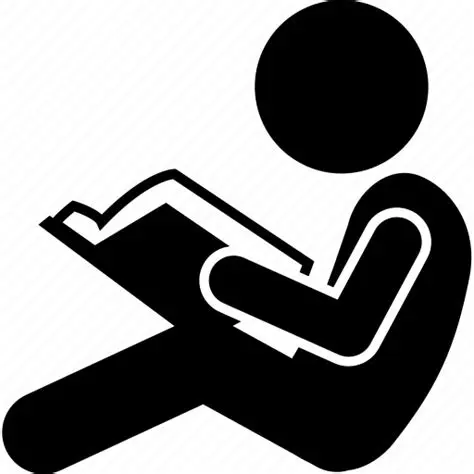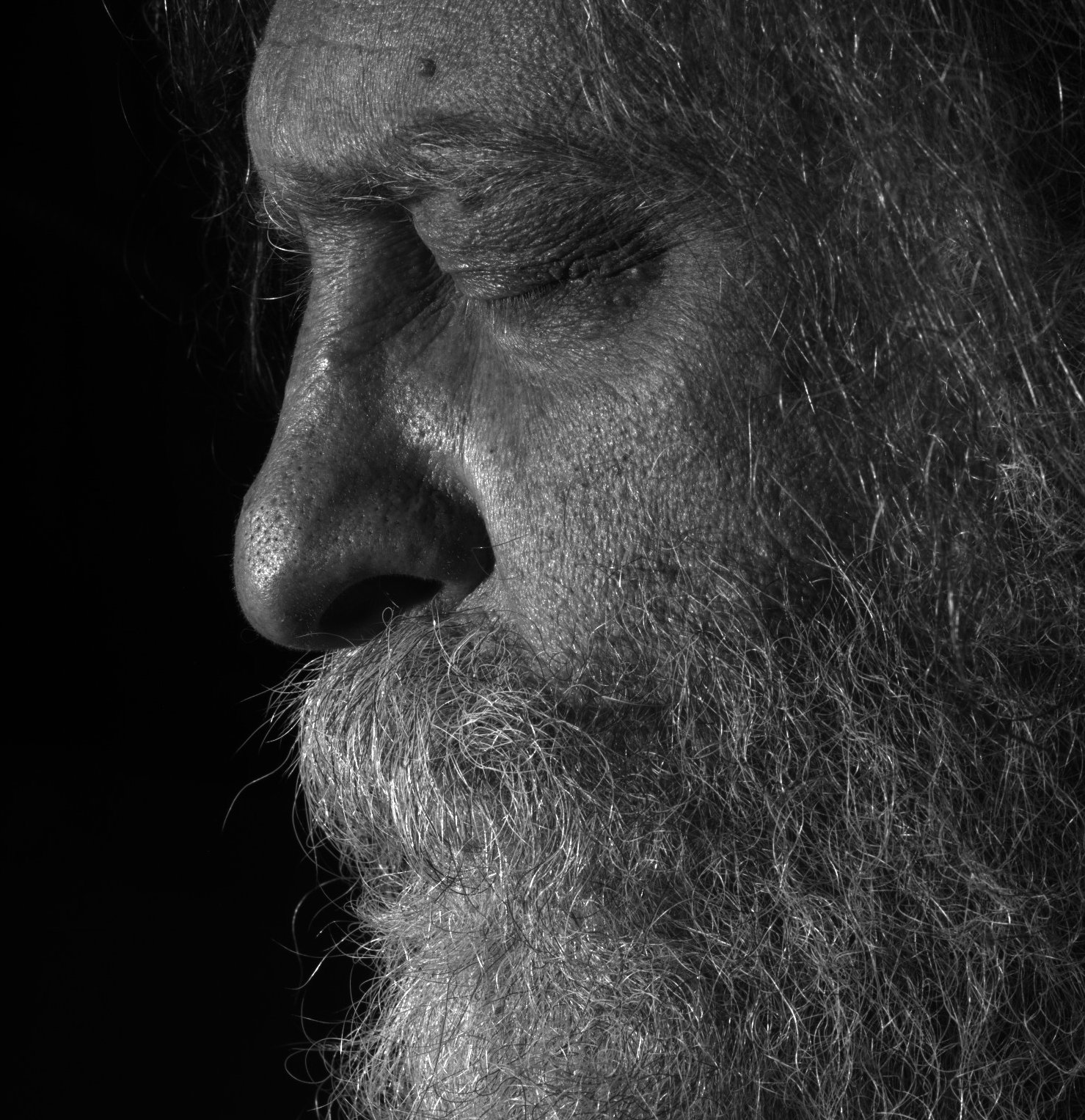By this I mean, a book you had to brace yourself to read, and you feel proud for having read. Did you enjoy the process of reading it?
Seven eves. The author indulges a little too much in technical details. At points, for pages.
I thought it was very good. Stephenson does have a tendency to get really into whatever the subject matter of his story is, eg. cryptography in cryptonomicon, MMOs and gaming in REAMDE, Alan turing and AI in The Diamond Age etc. I find it to be an endearing aspect lf his writing. Definitely recommend Seveneves.
End then, as typical, the “end” is done in a haste. My only gripe with him (and this book in particular)
I could not agree more.
I thought it was the easiest Neal Stephenson’s book. (That I’ve read.)
Le Morte d’Arthur, by Thomas Mallory, in Middle English.
That’s impressive! Why did you read it? And did you enjoy it in some way?
I chose it for an English literature class, as I was always fascinated by Arthurian legend. The teacher thought I was mad, and was probably right. But it was more that I didn’t know what I was getting myself into.
I was adept at French, which really helped. But it was a long slow read. Looking back I don’t know how I managed other than to ignore the parts I really didn’t understand. It was pre internet hahah.
In the end, I’d say yes, I did enjoy it. It’s always stuck with me, and I automatically compare every Arthurian story (book, movie, etc) to what I remember from it - which I guess makes sense.
But ultimately it’s very sad. Almost depressing. And the dryness of it makes it feel like it could have really happened.
Damn, your question is enticing me to it up again!
I haven’t read that much, but kinda proud of reading Hyperion. It starts super slow, and I find that the writing style is like he’s omitting too much, if that makes any sense.
Hyperion is not like any other book I’ve read before. It puts together a lot of disparate events and individuals, and you sort of need to let the story happen as it’s not entirely clear at first what is going on. I love it and recommend the sequel. The third and fourth books for me were more difficult reads but they were still good. They were more traditional in the way they told the story. I liked the first two better, but I recommend the whole series.
Definitely be proud of reading Hyperion! I know exactly what you mean about it seeming to leave out stuff. I guess it is part of the mystery that we find out as we go, and we experience things from the point of view of the protagonists. You’ve made me want to read it again!
The poetry is also something I’m not familiar with which maybe makes me miss out? Still, I did enjoy it a lot, especially the planet itself. Also vagina with teeth hmm
Kudos! I think I would have ended up skimming it quite a bit if I had read it, but I went with the audio book instead in that instance. I will say, the audio book is a full cast and very entertaining. I would recommend it if you ever wanted to go through the story a second time.
Foucault’s Pendulum by Umberto Eco. I enjoyed reading it, but it demanded my full attention to appreciate it.
EDIT: I enjoyed it like hard exercise, a long hike, or landscaping a garden. It’s tough, you’re tired, but you’re also proud.
By Eco I only started “The Name of the Rose” and abandoned it after a short while. I should give it another go.
Julius Caesar’s Commentarii De Bello Gallico in Latin. And… yes I did enjoy it. There are some points where translation just cannot capture Caesar’s wit. I wish I still knew enough Latin to read it again.
(Why yes I am a huge fucking nerd, how could you tell?)
For anyone wondering what kind of wit this might be, an example is the opening line:
Gail est divisa tres partes (“Gaul is divided into three parts”)
With divisa (‘divided’) dividing the phrase exactly.
I read pieces of it, I knew this quote by heart and never noticed! Wow!
The Spirit of Democratic Capitalism… That was a chore! https://en.wikipedia.org/wiki/The_Spirit_of_Democratic_Capitalism
Glad I finished it, but as a highschool freshman I wasn’t ready for the commitment that book was.
Don Quixote de la Mancha, in the original castillian. Super tough read for me since I only know as much Spanish as I did when I left home at 8. But I’m glad I powered through it
Don Quixote is the main reason I’d like to know Spanish. Maybe one day I will learn it. What did you particularly enjoy about it?
I just liked the story of this old man who just can’t let go, running amok and becoming increasingly insane, while most characters in the book are either indifferent to him or think he’s nuts. He’s just trying to live out his own reality one last time I think, one last adventure in a world that doesn’t exist anymore.
The Brothers Karamazov by Dostoevsky. Rewarding slog but a slog for sure.
I liked it much better than the beginning of Crime and Punishment. It helps that I love philosophical side-quests.
It is my favorite book and the philosophical side quests are why I love it but it is a long, dense read
I am reading it now. Little beyond 80%. Except for the initial ~20% I found it to be a page turner. Loving it!
Probably Heart of Darkness, by Joseph Conrad. It’s so damned bleak that I had to force my way through it. It’s a great book, but I didn’t enjoy it.
I understand. I disliked every bit of it, because it was bleak and dark in a sticky way, if that makes sense. I think it’s a good book because it definitely achieve to criticize the economy of the time, but it doing it it becomes an un-enjoyable book.
Infinite Jest by David Foster Wallace. It’s been a while and I don’t quite remember a lot of details, but I’m proud I was able to read it and did enjoy the process of reading it.
I started it twice and finished it once. Strongly recommend checking this site before taking it on
I read it because I am stubborn, it’s now back on my to-read list because next time I want to understand it a bit more and enjoy it.
Ulysses! The Joyce one. Honestly I enjoyed it - for how esoteric and sort of distant it is, the base plot itself is kinda mundane so it’s not like the base structure of the book is massively hard to follow (especially if you’re familiar with The Odyssey) once you get over the constant writing style shifts. It’s randomly funny and weirdly relatable (like being stuck in a conversation with a chatty American) and gives you so many reasons to hate the British. I really like how it’s adapted the story of The Odyssey and I think more adaptions of Greek works should be like it - an adaption of the themes and vague plot beats rather than just taking the characters and doing whatever the fuck you want with them, and also should have one guy who inexplicably thinks he’s actually in an adaption of a Shakespeare play instead.
I will say though, my copy of Ulysses is one third appendix, which explains out the schema and has footnotes for most of the references that will just go right over your head if you don’t happen to be James Joyce and I genuinely don’t understand how you could read that book without it. It really turns every confusing reference and story moment into something clear and understandable which elevates the text around it. If I didn’t have it I most definitely would’ve dropped the book
Also I’m nowhere near finished but I’ve started reading Dream of the Red Chamber (aka Story of the Stone) which is an 18th century Chinese novel infamous for being really long (I think it’s like over 2k pages? My copy is divided up into like five books) and difficult to follow with way too many characters in it. It’s a big long deconstruction of Confucianism and nobility following a chunk of the heavens who’s reincarnated into a failing noble family because he wants to see what it’s like being human, only to be treated like absolute shit by his family because everyone see him as a divine blessing and want to use and abuse him as much as possible for their own ends. He spends a lot of time around the women of the house and watches their own tragedies unfold, hence the length and excessive characters. Hasn’t gotten too bad yet, but I’m also barely into it relatively speaking.
I’ve read Ulysses and Infinite Jest (the latter multiple times), all of Samuel Becketts novels, and the complete works of Italo Calvino and Georges Perec.
I maintain that although the prose was much much easier, 120 Days of Sodom was the hardest to pick back up after putting down. It’s so tedious and repetitive but also about coprophagy, pedophilia and extremely detailed gore, with 0 plot or characterisation. I feel no sense of achievement for having read it and my life is worse for having done so.
I read Dream of the Red Chamber a looooong time ago. Might try it again some time soon…
I enjoyed The Scholars much more. (And reread it recently.)
Harry Potter and the Order of the Phoenix.
No I don’t enjoy finishing things and I have the same issues with videogames because of my ADHD.
My friend, audiobooks may be for you.
This is true. I used to be a dishwasher and farm hand and listen to hundreds of books, anything, because I couldn’t keep up with new music to listen to. I loved it.
Joseph Conrad’s book, Nostromo, was a bit dense for me. I did enjoy it though. Not sure if that meets the requirement. There are a few books I’ve been bracing myself to read that I’ve chickened out on starting. Things like Cormac McCarthy’s books.
Cormac McCarthy doesn’t fuck around.
Anathem by Neal Stephenson is a tough book to get through, but extremely rewarding if you do.
I found Blindsight by Peter Watts to be a hard read mostly because a lot of the philosophy went right over my head. Good book though.
I loved Anathem, but the ending was a bit too much all over the place for my taste. I honestly enjoy random philosophical discussions, so the first third of the book was my bread and butter.
Stephenson is a weird author, Anathem is great, I enjoyed the Criptonomicon but really did not like Snow Crash.
Try ‘Reamde.’ It’s Stephenson’s version of a Jack Ryan novel. Billionaire’s niece is kidnapped by the Russian mob…
‘Anathem.’ Got about 20 pages in and threw it down, because it was just Stephenson being deliberately confusing. Someone advised me to stick with it, but warned me that it took about 200 pages for the plot to get going. Skipped over the last section with all the multiple world nonsense.
I did read all three books of the Baroque Cycle, but threw Book One at the wall when I got to the end and found the damn gloassary hidden away like a pearl in an oyster.
I love Blindsight too, looking to read more Stephenson though
- The Quantum Thief by Hannu Rajaniemi
- Vita Nostra by Sergey and Marina Dyachenko
Both are underrated or underrepresented
I found The Quantum Thief to have too much unexplained jargon for a book without a glossary. The story and pacing and whatnot were great.







